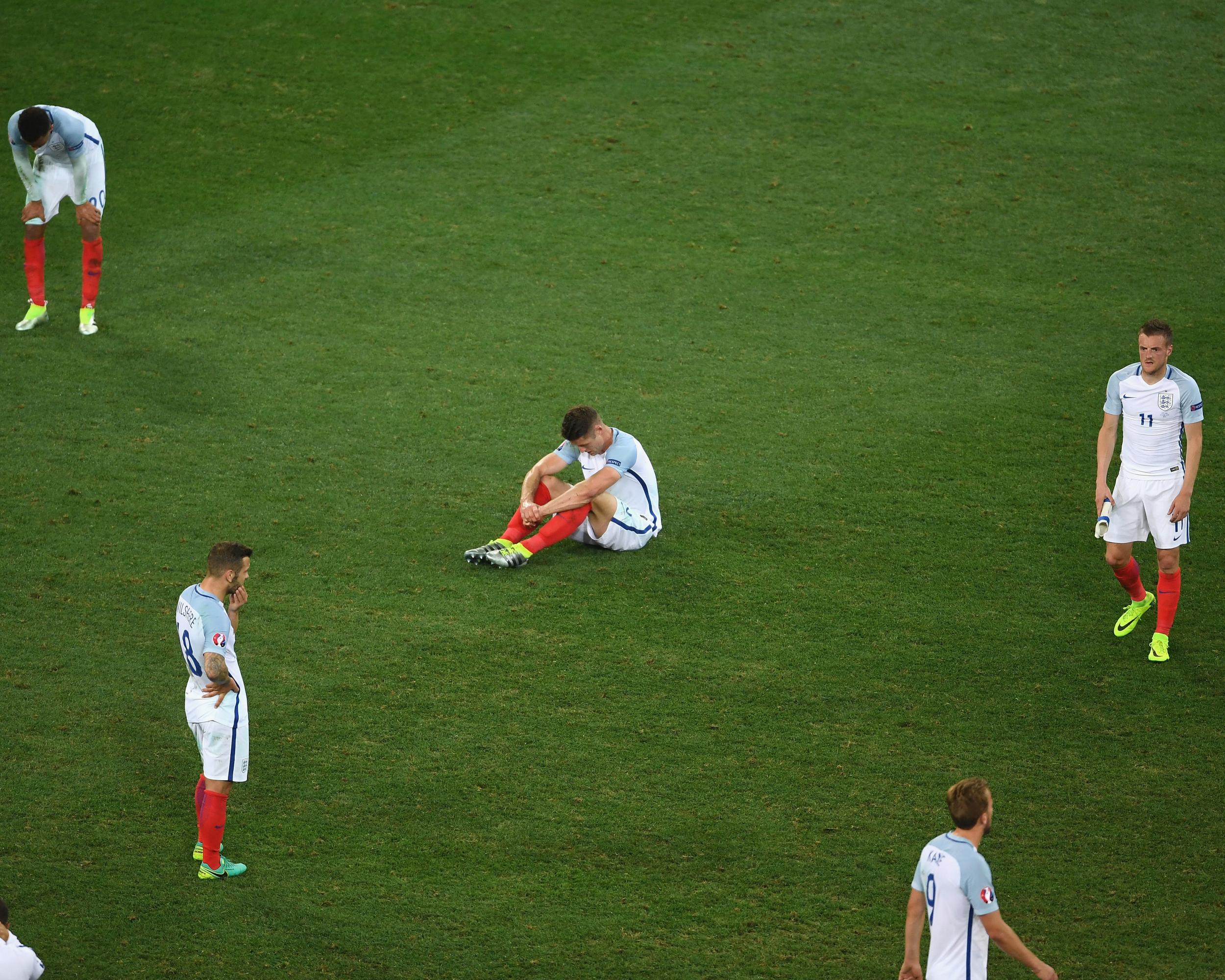What is holding back international football and how do we fix it?
Fixing international football: In the second of a week-long series, writers from The Independent state how they would try and revive the international game

Let the moans begin again. Another fortnight of disruption, without any top level club fixtures, awaits. And all in the name of what, exactly? England’s fourth game with Slovenia in less than three years - and then their fourth against Lithuania in two and a half years. This is international football as irritant - not merely unloved but loathed for its tedium and disruption to the domestic game.
International football, for all its faults, still produces the sport’s most venerated, anticipated and watched event: the World Cup. Yet, for the two years that precede this banquet, international football exists on a diet of unappetising ready meals, functional but seldom enjoyable.
It doesn’t have to be this way. Tournament play is international football’s USP. The format cannot compete with the Champions League in terms of sheer quality, but the magnetism of a short and dynamic tournament is something that club football can never match. So make all internationals feel like tournament play.
Here’s how. Scrap those mid-season qualifiers and friendlies, which would trim the European football calendar by nine weeks in 2017 - time that, in England, could be used to start the season later, introduce a winter break or both.
Instead, play all qualifiers in an end-of-season block. After the European Championships in 2016, there would have been no internationals at all until the summer of 2017, which would have been given over to friendlies and then the World Cup qualifiers, played in, say, a six-week block, before the World Cup the following summer.
From the World Cup, to Wimbledon and the Boxing Day Test match, sports fans are creatures of rhythm. Under this system, June would always be international football month, with qualifiers gaining the same feel as tournaments themselves. The scarcity of international games would mean they were anticipated, not dreaded. Fans would embrace watching matches involving other countries, just as they do during tournaments themselves.
This would not only be international football repackaged to be more captivating; it would also be better international football. Giving players a six-week block with each other every summer would improve the quality, allowing for more cohesive team play and tactical intricacy.

And the football would be more exciting. International football tends to be far drearier than domestic matches because, in a short window of training time, it is easier for teams to reach a basic standard of competence in defence than attack. At Euro 2016, the average game had a dismal 2.12 goals; in the 2016-17 Premier League season, the average was 2.80. Allowing players to train together, like club teams, for a proper amount of time would empower sides to play more expansively. Sides would become more attacking, and their tactics more distinct, rather than the identikit styles expediently imported from club football. Players used to playing with each other for sustained periods would, in turn, be better placed to produce exciting football in tournaments themselves, especially if, in return for less disruption during the season before tournaments, an extra week or two was allocated to help countries prepare for a World Cup or European Championship.
Revolutionising the qualifying schedule would also have wider benefits. Sick of those trips to Slovenia and Lithuania? If rugby union’s Pro14 can include teams from South Africa, the World Cup qualifiers could be made into a genuinely global event. In place of the monotony of regional groups, qualifiers could be conducted on a worldwide basis, perhaps after regional pre-qualifying for lower-ranked teams. With, say, the top 80 nations divided up into 16 groups of five teams each, and no more than two teams from one continent in any group, based on the current world rankings, England’s group could consist of, say, the USA, Japan, Ivory Coast and Norway - infinitely more interesting than the same teams from the same regions endlessly recycled.
This would be a new opportunity for narratives to develop, and international football to produce fresh and compelling storylines. Football’s global development would be galvanised, as more countries would be able to host elite nations in qualifiers. There would also be far more chance of matches producing an intriguing clash of styles. And the bickering about the number of berths permitted to each region in the World Cup itself would end: any continent could gain more places by dint of their performances on the pitch, not their politicking off it.

With the new qualifying schedule, it would also be easier to entice elite managers. Nothing speaks of the degradation of international football like today’s cast of managers - a ragtag mixture of has-beens, rookies in their first jobs and a few in their prime, only there because club sides do not judge them to be very good. Yet with qualifiers played in a summer block, it would become possible for Diego Simeone, Pep Guardiola and co to manage their countries alongside their clubs, as Guus Hiddink did very successfully coaching PSV and Australia simultaneously.
These multi-tasking managers would need diligent assistants to track players during the domestic season, but essentially being an international manager for two years would just amount to being in charge for six-week stretches in consecutive summers. More leading managers would ensure more interesting tactics, more diffusion of cutting-edge ideas into international football and simply more intrigue.
We know why this broad reform to qualification has never happened: the administration in football, as with many other sports, has been abject. Yet, paradoxically, this provides hope for international football. So bad has the structure of qualifiers been until now, that it really is possible to devise a new schedule that both reduces the overall time given over to international football, pleasing clubs, and make the internationals that are played watched by more fans, and so worth more, pleasing countries.
“We’re a lazy species: we hang on to the status quo for no other reason than that it’s the way things are,” the psychologist Richard Nisbett has said. But this laziness is no reason to meander on with international football in its same unsatisfactory, inadequate and unreformed state.
So reform it. The upshot would be a more exciting and unpredictable game, freed from the shackles of the rigid qualification structure to showcase the best of international football - all its breadth and diversity, accompanied by the feel of tournament play. International football is far too good to continue being demeaned by these interminable qualifiers.
Join our commenting forum
Join thought-provoking conversations, follow other Independent readers and see their replies
Comments
Bookmark popover
Removed from bookmarks